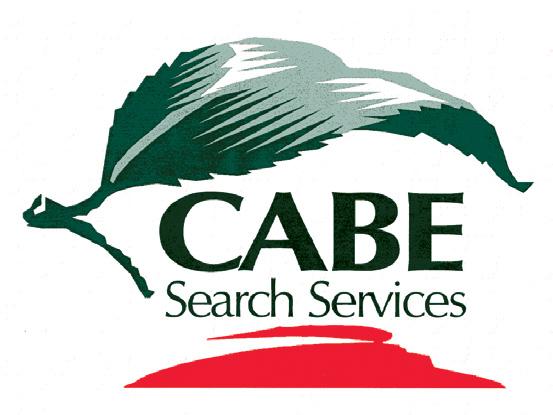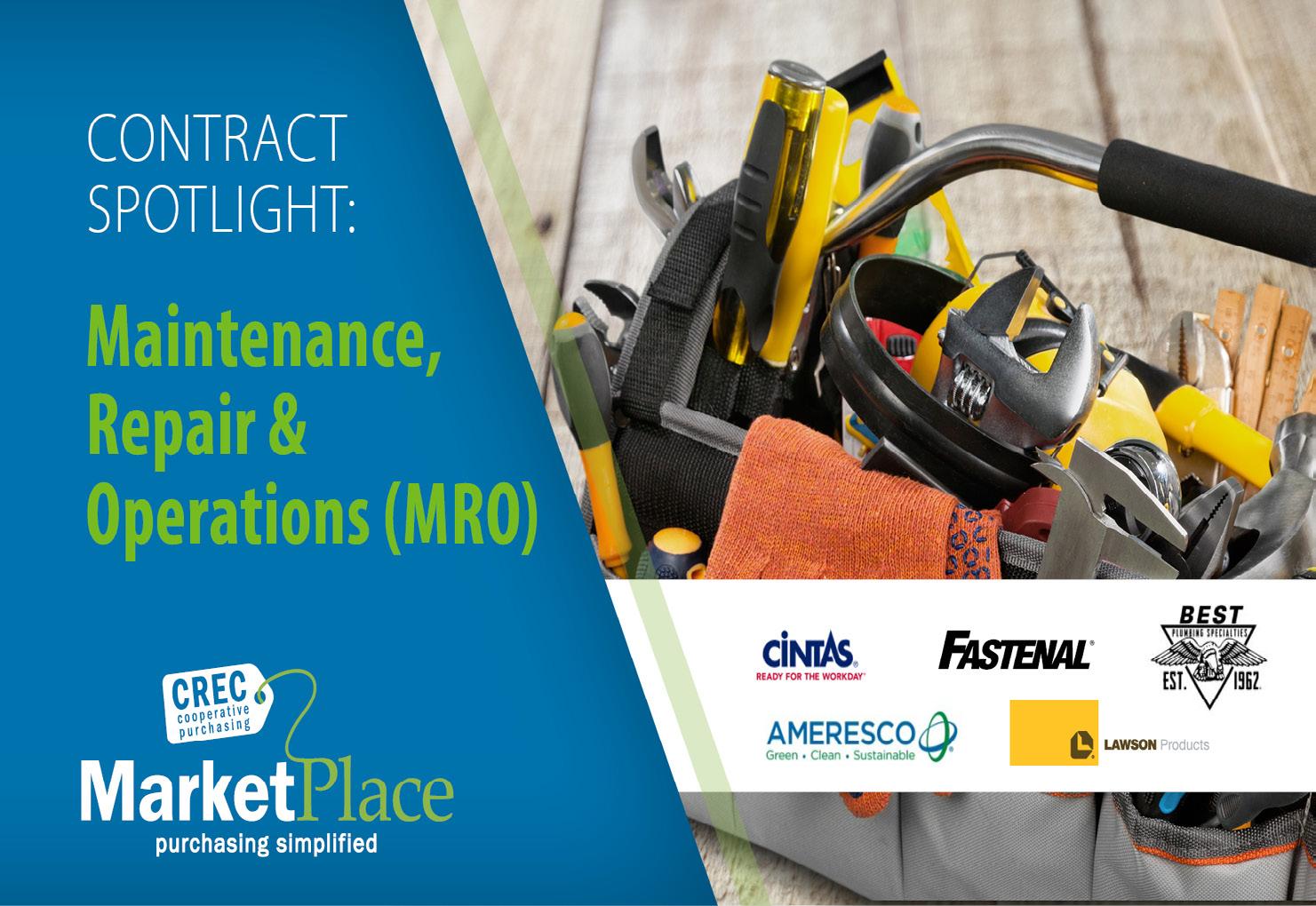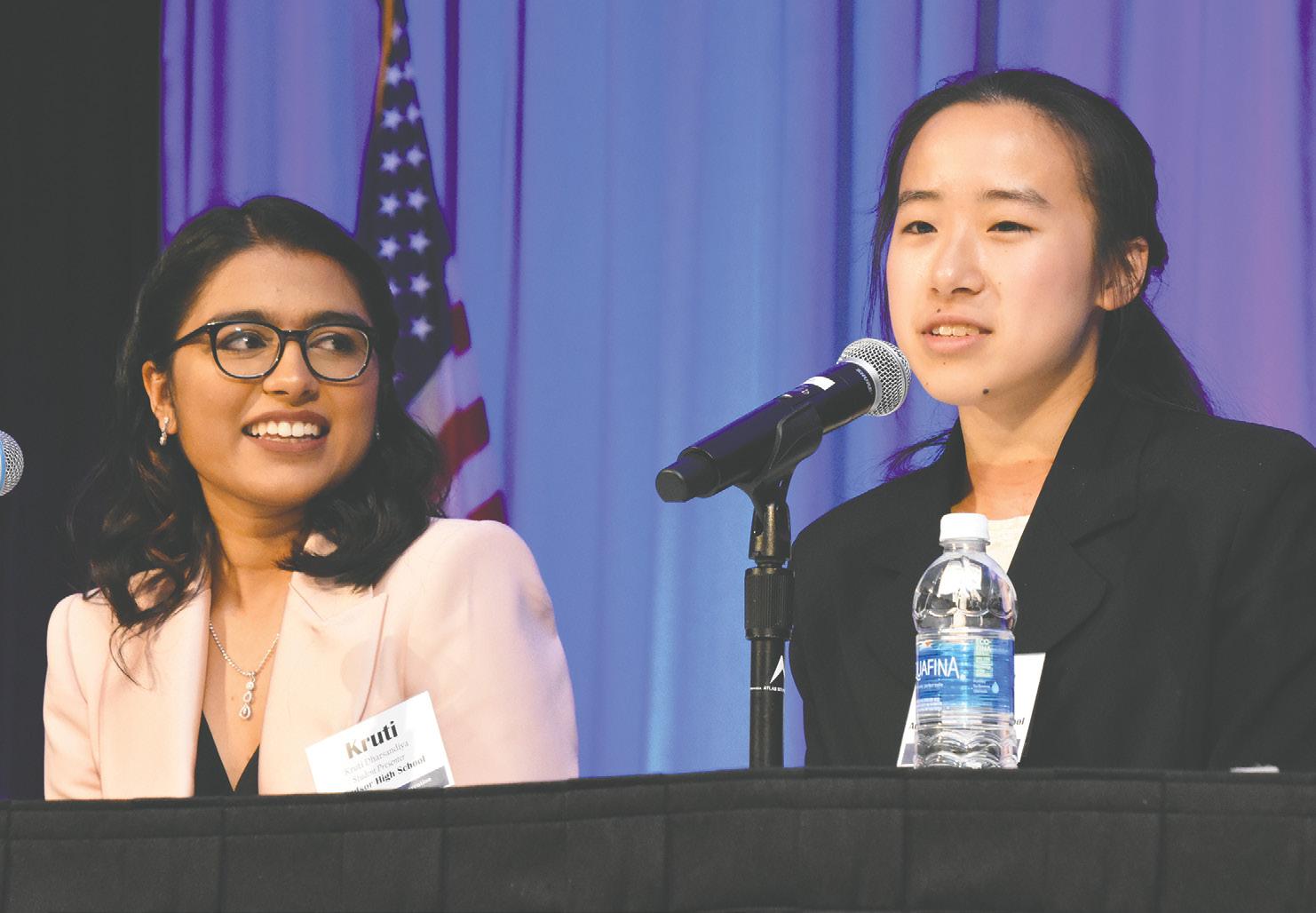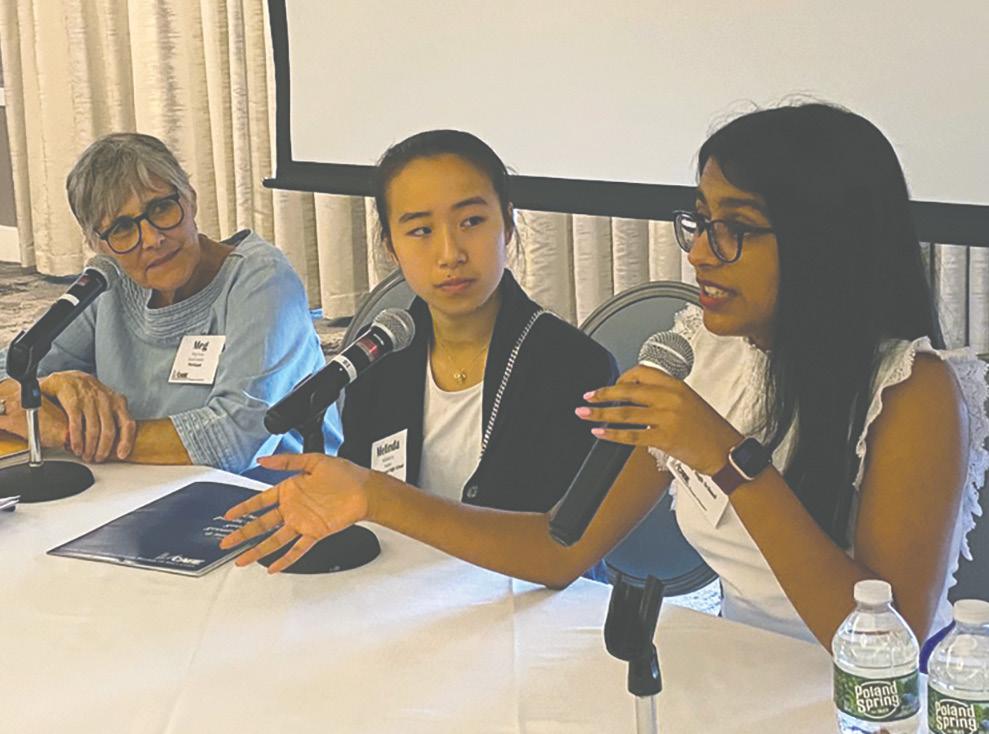
7 minute read
CABE: Working for YOU
Below are the highlights of activities that the CABE staff has undertaken on your behalf over the last month. We did this:
By providing opportunities for members to learn how to better govern their districts: z Provided roles and responsibilities workshop for Bridgeport and Hamden Boards of Education. z Met with CAS to discuss student voice and onboarding student representatives to boards of education. z Responded to 25 requests for policy information from 14 districts, providing sample materials on policy topics. Further, districts continue to access CABE’s online Core Policy Reference Manual and/or online manuals posted by CABE for policy samples. The topics of greatest interest were those pertaining to Graduation Requirements and Selection of Education Materials. z Provided support to board members and central office administrators regarding policy matters.
Advertisement
By helping school boards to increase student achievement: z Facilitated a board retreat for the Region #4, Chester, Deep River and Essex Boards of Education discussing the board’s role in implementing their strategic plan. z Sent three issues of “Policy Highlights” via e-mail listserv covering topics that affect student achievement. These issues discussed the topics of Parents Rights, Dress and Grooming, and Time to Review and Update your Library Book Selection.
By promoting public education: z Discussed CABE and superintendent search process with aspiring superintendents. z Provided webinar for individuals considering board of education service. z Provided Spring Meeting of Superintendents’ Administrative Professionals.
By providing services to meet member needs: z Facilitated a CABE webinar, As Book Bans Escalate, Here’s What You Need to Know z Facilitated Board Chair Check-In. z Co-sponsored Civility: Building Better Relationships webinar with The Rell Center for Public Service and CTPublic z Provided Appropriations Committee Update webinar. z Provided CABE Collective Bargaining workshop. z Revised policies, as part of the Custom Update Policy Service, for Gilbert School, Marlborough, New Fairfield, North Stonington, and Sterling. z Prepared materials, as part of the
Custom Policy Service, for Regional School District #15 z Currently assisting Canterbury and Granby Boards of Education with their superintendent search. Assisting Preston Public Schools with a Middle School Principal search. z Responded to a variety of legal inquiries from members.
By attending Professional Development to strengthen staff knowledge and skills: z Attended the Spring Meeting of Superintendent’s Administrative Professionals. z Attended a COSA webinar featuring the Office of Civil Rights.
By helping districts operate efficiently and conserve resources: z Facilitated focus groups for Darien Assistant Superintendent search. z Posted policies online, as part of the C.O.P.S. Program for Avon, Bethel, Canterbury, Cheshire, Derby, Griswold, New Fairfield, Preston, Region 18, Somers, Westport, and Wolcott

By representing Connecticut school boards on the state or national level: z Discussed new Social Studies curriculum requirements in an interview with FOX61 z Represented CABE on Special Education Task Force z Participated in NSBA State Association Counsel calls. z Participated in Commissioner’s Roundtable for Family and Community Engagement z Participated in School Violence Workgroup meeting. z Provided legislative update to CREC Council. z Attend CBIA Workforce Development Summit. z Participated in CT Education Partners meeting. z Attended CAS Board of Directors meeting. z Attended press conference to support increased education funding. z Attended meetings of the Discovering Amistad Ship Committee, Education Committee and Board of Directors z Attended a Community Roundtable on High-Speed Internet, hosted by Department of Energy and Environmental Protection z Chaired meeting of the Digital Learning Advisory Council for the Connecticut Commission for Educational Technology z Participated in New England School Public Relations Association (NESPRA) Board meeting. z Participated in meeting of the CT Public Sector Workforce Development Task Force z Represented CABE at CABSO’s Vendor Day.
Reflections
(continued from page 1) what I was learning and just carried on. However, when the state passed a bill to include an African-American and Latino Studies Course within the curriculum, I started to wonder: why was this not here before? I looked into news articles and realized that it was the students that triggered and pushed for the passage of this piece of legislation. At the time, I was also part of the CT Association of Schools’ (CAS) newly formed Student Equity Advisory Board. Through my curious news article search and research I had done as part of the board, I learned the roles of the boards of education, superintendents, and principals in curriculum change and their ability to change school climate. However, through the African-American and Latino Studies course, I also learned that it was not just the adults who had the power to
Journey
(continued from page 1) the best student and person possible. She is also the reason why I was blessed to be in a public school system my whole life. From Roger Wolcott to graduating this year from Windsor High School, I’ve been privileged to go through a public education system. I know, privileged and public education don’t usually go in the same sentence, but the experiences I’ve gained from this system have influenced my personality, character, mindset, and the person I am today.
First of all, being in a public education system, specifically in Windsor, has afforded me with the opportunity to attend a school that resembles a melting pot of people. We have people from various races, ethnicities, family dynamics, socioeconomic statuses, and sexualities. An exposure to this type of diversity has allowed me to develop an open mind set and be more empathetic. Just as much as I learn from my teachers in school, I have also learned from my peers through their life experiences and individual journeys. As I have met and interacted with different people in my school, I am able to analyze situations from numerous perspectives and engage in conversations with various individuals. This robust and diverse experience is something unique to public schools, and one of the best parts of a public education.
Furthermore, I have become an independent and determined young lady because of the experiences within the public education system. Through- make decisions. Students could make decisions, or at least advocate for certain decisions to be made.
The passage of this course really opened my eyes to the possibilities of change within my school system. I no longer viewed myself as just a student who went through their pre-planned day in high school learning an unchanging curriculum. I viewed myself and my peers as advocates for our own learning. School is meant to serve students, and without having student input or contribution, no efficient improvement is possible.
Through my work with CAS, I have been given the opportunity to share my perspective on issues facing administrators and board members. However, this opportunity to share my voice and understand the avenues I could take to advocate for change would not have been possible without CAS. For the many students who were out my 13 years in public education, there have been a fair share of positive and negative situations I have gone through. However, public schools mimic what the real world is like; there is adversity, challenges, opportunity, and growth, all in one space.
Challenges like not having adequate resources for college and career preparation or disciplinary issues are prevalent, but being exposed to this has allowed me to grow into an independent young lady who is looking to make a change in this system.


Had I not been exposed to these seemingly ‘negative’ environments, I wouldn’t have been able to join numerous Connecticut Boards where I am able to voice my opinion on these issues and contribute to change. My opinion is that public education has a lot to offer, and it is up to the student to make the CHOICES to maximize their opportunities.
Lastly, but certainly not the least, I cannot reflect on my public education experience without expressing my gratitude for the FANTASTIC people that have been introduced into my life while attending public school. My best friend, Alexa (who is my partner in crime) and I met on the first day of Freshman year. We were both two totally different individuals and now, she is a pivotal part of my support system.
I know I can count on her to be truthful with me and hold me to a high standard to make sure I maximize my potential. Even though we have different aspirations, she understands my grind and discipline, and never asks me to sacrifice my goals. In fact, her drive and passion for her just like me before I joined CAS, they just go about their school day being indifferent about the positives and negatives of their school experience.
The opportunities that I had to network and communicate with administrators from my school and from other districts allowed me to share my thoughts and feedback but to also listen to their side of the story as well. This pathway for communication between students and adults is crucial for adults to understand ways to make students feel welcome in the school environment but also for students to understand why certain rules and decisions were made.
Having this open communication with adults is something I wish all students had the opportunity to do. Whenever I hear classmates complain about certain rules or regulations on school events or sporting events, I think about the conversations I have had with these adults. I understand my classmates’ concerns, but at the same time, I also understand the reasoning behind why the adults in power made those decisions. Allowing students to have access to open communication with adults will allow students to share their feedback and understand the challenges that the adults face as well. With this open flow of communication, each side is not having a yelling match at one another but an informed discussion on ways things can be improved with both the student and adult perspective in mind.
To all the principals, superintendents, and boards of education, I encourage you to establish more open lines of communication with students (whether that be a form where students can submit concerns, ask me anything sessions, office hours, etc.) so that both sides understand problems that each side is facing.
See JOURNEY page 14







